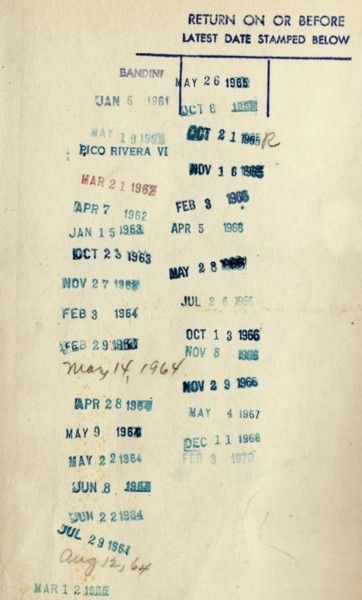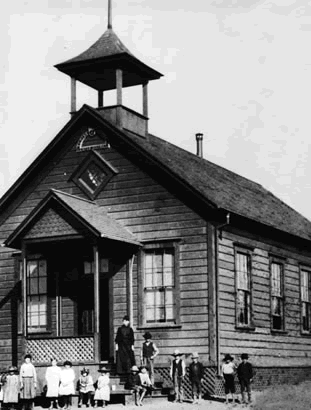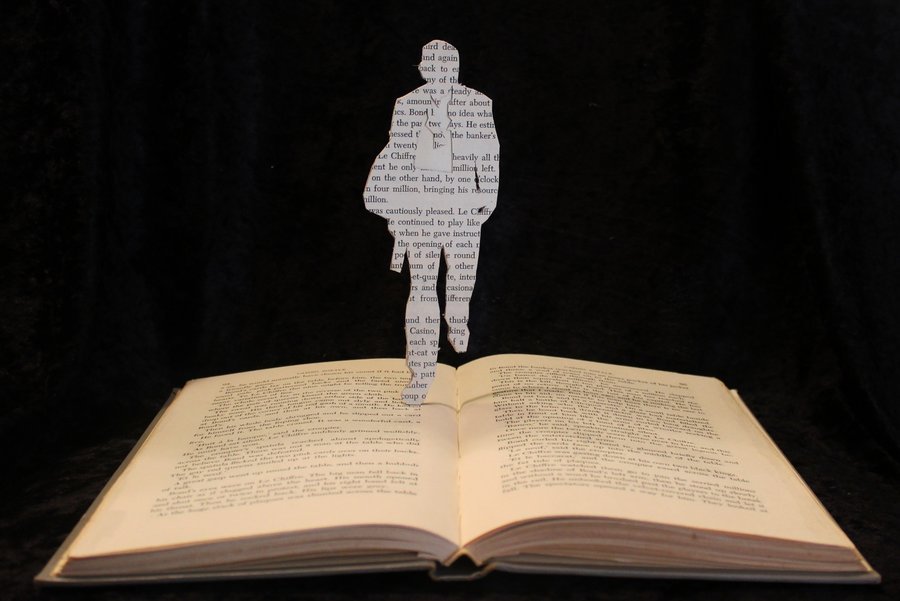Books2day
R L Stine is for kids right? Not this one...
 I'm not big on doing reviews of titles, but hey, this is R L Stine and of course he's noted for his kids' books. So what's with this adult title? Aside from the expected gratuitous sex and spooky scenes from any late night movie, it's not bad. The story moves along very fast, chapters are short and the plot is plausible despite a few big gaps. It's better than I could do so we'll just leave it at that. If you need a good, light but creepy book that doesn't take much thought and can be read in a night or two, this is your ticket.
I'm not big on doing reviews of titles, but hey, this is R L Stine and of course he's noted for his kids' books. So what's with this adult title? Aside from the expected gratuitous sex and spooky scenes from any late night movie, it's not bad. The story moves along very fast, chapters are short and the plot is plausible despite a few big gaps. It's better than I could do so we'll just leave it at that. If you need a good, light but creepy book that doesn't take much thought and can be read in a night or two, this is your ticket.
Not to spoil it, picture a sleepy Long Island town, a typical family struggling with the new millennium, and a mom who writes a travel blog and goes to a small island. She gets there at the wrong time, a hurricane wipes everything out, she finds two homeless twin boys that she brings home to Long Island but The Brady Bunch it's not. Anything more would give it away, Stine doesn't go in for complicated plots.
So now when the kids ask whether I've ever read R L Stine, I can say yes. But I won't mention the title.
Overdue
I finally remembered to take that overdue book to the library, but the library was gone. Damn.

The Little Free Library Movement Gains Momentum
Little Free Libraries are popping up in towns and cities across America. Often built and assembled or sponsored by local book lovers, the mini-library offers patrons to take a free book in exchange for putting another one back on the shelf. No library card is required. So far, there have been no reports of anyone trying to abuse the library boxes.
For more info on the Little Free Library movement, check out the website http://littlefreelibrary.org/getinvolved/. Also, If you spot any Little Free Libraries in your area, please take a photo and share it with all of us here at Booklikes!
This Little Free Library was just spotted in the Asheville, NC, area by local photographer Sam Ganly.
This "Little Free Library" pre-dates today's models by about 80 years. This is from London during the 1930s.

Books? What Books?
Here is something to share with the kids if they are already disillusioned with back-to-school, lunches, riding the bus, lugging books or not finding Minecraft or Facebook on the school computers.

If you lived in a rural area of America in the 19th or early 20th centuries, you probably went to a one-room schoolhouse. Attendance was not legally mandated, and just over half of all kids even got to go to school. Heat in winter came from a single wood stove.
The school year was shorter, generally 130 days compared to 180 now. School days were also shorter (often 9AM to 2PM) but there were no buses and kids were expected to walk up to 4-5 miles to get there. Shoes optional?
There were no school lunches even if you could afford them. Food was brought from home in metal pails. Often a small school had no books, and the only tablets were made of slate and required chalk to write on. At least they had erase and insert features.
Last, but not least, it was common for students to permanently finish school by the 8th grade if they could pass a test like the one below. Think you could pass the 8th grade today?
If none of this phases the kids, the next time they complain about school you can break out the parental favorite:Well, I had to walk five miles to school, uphill both ways, in all weather, with nothing but a windbreaker and sneakers, carrying 40 lbs of books under one arm and a stick in the other to ward off packs of wild dogs!
Typical questions for an 8th grade final exam in the 1890s.
Bonus points for even knowing what “orthography” is…
GRAMMAR
(Time, one hour)
1. Give the nine rules for the use of Capital Letters.
2. Name the parts of speech and define those that have no modifications.
3. Define: Verse, Stanza and Paragraph.
4. What are the principal parts of a verb? Give the Principal Parts of do, lie, lay, and run.
5. Define Case. Illustrate each case.
6. What is Punctuation? Give rules for principal marks of punctuation.
7-10. Write a composition of about 150 words and show there in that you understand the
practical use of the rules of grammar.
ARITHMETIC
(Time, 1 1/2 hours)
1. Name and define the Fundamental Rules of Arithmetic.
2. A wagon box is 2 ft. deep, 10 feet long, and 3 ft. wide. How many bushels of wheat will it hold?
3. If a load of wheat weighs 3,942 pounds, what is it worth at 50 cts. per bu., deducting 1050 lbs. for tare?
4. District No. 33 has a valuation of $35,000. What is the necessary levy to carry on a school seven months at $50 per month, and have $104 for incidentals?
5. Find cost of 6,720 lbs. coal at $6.00 per ton.
6. Find the interest of $512.60 for 8 months and 18 days at 7 per cent.
7. What is the cost of 40 boards 12 inches wide and 16 ft. long at $20 per in.?
8. Find bank discount on $300 for 90 days (no grace) at 10 per cent.
9. What is the cost of a square farm at $15 per acre, the distance around which is 640 rods?
10. Write a Bank Check, a Promissory Note, and a Receipt.
U.S. HISTORY
(Time, 45 minutes)
1. Give the epochs into which U.S. History is divided.
2. Give an account of the discovery of America by Columbus.
3. Relate the causes and results of the Revolutionary War.
4. Show the territorial growth of the United States.
5. Tell what you can of the history of Kansas.
6. Describe three of the most prominent battles of the Rebellion.
ORTHOGRAPHY
(Time, 1 1/2 hours)
1. What is meant by the following: Alphabet, Phonetic, Orthography, Etymology, Syllabication?
2. What are elementary sounds? How classified?
3. What are the following, and give examples of each: Trigraph, Subvocals, Diphthong, Cognate, Linguals?
4. Give two uses of silent letters in spelling. Illustrate each.
5. Define the following prefixes and use in connection with a word: Bi, Dis, Mis, Pre, Semi, Post, Non, Inter, Mono, Super
6. Mark diacritically and divided into syllables the following, and name the sign that indicates the sound: Card, ball mercy, sir, odd, cell, rise, blood, fare, last.
7. Use the following correctly in sentences: Cite, site, sight, fane, fain, feign, vane, vein, raze, raise, rays. Write 10 words frequently mispronounced and indicate pronunciation by use of diacritical marks and by syllabication.
Labor Day is over. Back to school with some advice from 1595.
Tired of all those modern self-help books with endless advice on how to conduct your life? Well, apparently that sort of thing has been around for a long time according to a fun blog called "Ask the Past." Here is what students were being told about going back to school over 400 years ago.
How to Behave in School, 1595
Wednesday Wanderings
If you will practice being fictional for a while, you will understand that fictional characters are sometimes more real than people with bodies and heartbeats. - Richard Bach

Sit & Read

I don't do much cooking. At all.
Thank God I got the man back :)
 4
4
 love
love


 2
2

 1
1











